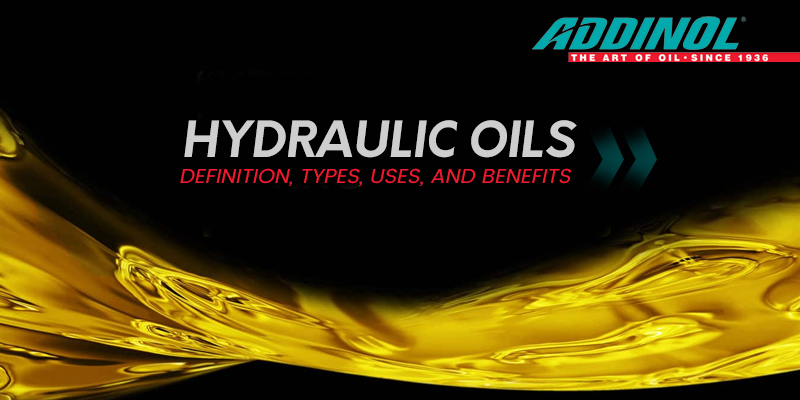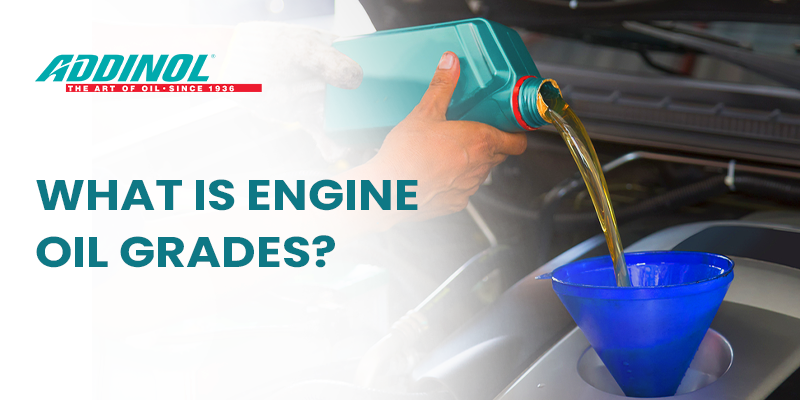The evolution of hydraulic systems has revolutionized how we power and operate machinery, enabling us to harness immense power with exceptional precision and control.
The hydraulic oils serve as a versatile medium to transmit power, while simultaneously performing the critical functions of lubrication, cooling, and protection of the system’s components. The selection and utilization of the best hydraulic oil from reputed Hydraulic oil manufacturers have a profound impact on the overall efficiency and longevity of the hydraulic system. Therefore, a comprehensive understanding of hydraulic oils’ types, uses, and benefits are indispensable for optimizing hydraulic system performance.
In this article, we delve into the various aspects of hydraulic oils, including their definition, types, and grades, and explore the manifold advantages of their application in hydraulic systems.
Definition of Hydraulic oils
Hydraulic fluids are specially formulated fluids that are used in hydraulic systems to transmit power. They are formulated to meet the specific requirements of hydraulic systems, which typically operate at high pressures and temperatures. Hydraulic fluids contain various additives that provide lubrication, anti-wear, anti-foaming, anti-corrosion, and anti-oxidation properties.
Why Use Hydraulic Oils?
Best Hydraulic oils are designed to provide a range of essential functions that are critical to the efficient and reliable operation of hydraulic systems. The use of hydraulic oils in hydraulic systems is critical for several reasons:
Transmit Power: Hydraulic oils are the primary medium through which hydraulic systems transmit power. They provide high-pressure fluids that are used to move heavy loads, control the movement of machinery, and operate various hydraulic components.
Lubrication: Hydraulic oils are specifically formulated to lubricate the various components of the hydraulic system, such as pumps, valves, and cylinders. Proper lubrication reduces friction and wear, prolonging the life of these critical components.
Heat transfer: Hydraulic oils are excellent heat transfer fluids, which means they can absorb and dissipate heat from the system’s components, preventing overheating and damage.
Seal compatibility: Hydraulic oils are formulated to be compatible with the system’s seals, preventing leakage and extending the life of the seals.
Corrosion protection: Hydraulic oils contain additives that protect the system’s components from corrosion, preventing rust and other forms of damage.
Contamination control: Hydraulic oils contain additives that help control contamination in the system, preventing the buildup of dirt, debris, and other particles that can damage the system’s components.
Types of Hydraulic Oils
There are several types of hydraulic oils available in the market, including mineral-based hydraulic oils, synthetic hydraulic oils, and bio-based hydraulic oils.
a. Mineral-based hydraulic oils: Mineral hydraulic oils are the most common type of hydraulic oil and are derived from crude oil. They are cheap hydraulic oils and offer good lubrication and anti-wear properties. However, they are not as thermally stable as synthetic hydraulic oils, which can lead to faster degradation and increased maintenance.
b. Synthetic hydraulic oils: These are formulated from chemical compounds rather than crude oil. They offer excellent thermal stability, oxidation resistance, and longer fluid life. They are also more expensive than mineral-based hydraulic oils.
c. Bio-based hydraulic oils: These are made from renewable resources such as vegetable oils and animal fats. They are biodegradable, making them a more environmentally friendly option. However, they may not offer the same level of performance as mineral-based or synthetic hydraulic oils.
Grades of Hydraulic Oils
Hydraulic oils are available in different grades with the hydraulic oil suppliers, depending on their viscosity, each with its unique properties and specifications.
Anti-wear hydraulic oils (AW): These oils are specifically formulated to protect hydraulic components from wear and tear, thereby reducing friction between moving parts.
Hydraulic oil, L, P (HLP): This grade of hydraulic oil is renowned for offering exceptional wear protection, oxidation stability, and corrosion protection. It is predominantly employed in high-pressure hydraulic systems, such as those found in construction machinery.
High Viscosity Index hydraulic oils (HVLP): These oils offer superior viscosity and temperature stability, rendering them suitable for deployment in high-pressure systems and high-temperature environments.
Synthetic hydraulic oils: These hydraulic oils are meticulously crafted utilizing synthetic base oils and advanced additives, thereby providing unrivaled performance and protection in extreme temperatures and demanding applications.
Fire-resistant hydraulic oils: The fire-resistant hydraulic fluids are engineered to meet stringent fire-resistance standards. And so fire-resistant hydraulic fluids are frequently employed in applications where fire hazards are a concern, such as in steel mills or foundries.
The choice of the appropriate hydraulic oil grade from a reputed hydraulic oil manufacturer is contingent upon several factors, such as the operating temperature, system pressure, and the type of hydraulic equipment utilized. The selection of the correct grade of hydraulic oil is essential to ensure efficient and dependable hydraulic system operation. The most common grades of hydraulic oil are 32, 46, and 68. The viscosity of hydraulic oil is measured in centistokes (cSt), which is a unit of measurement for the fluid’s resistance to flow.
a. Hydraulic oil 32: Hydraulic oil 32 is the thinnest and has a viscosity of 32 cSt. It is suitable for use in low-pressure hydraulic systems.
b. Hydraulic oil 46: Hydraulic oil 46 is more viscous than hydraulic oil 32, with a viscosity of 46 cSt. It is suitable for use in medium-pressure hydraulic systems.
c. Hydraulic oil 68: Hydraulic oil 68 is the thickest and has a viscosity of 68 cSt.
Benefits of Using Hydraulic Oils
Enhanced Efficiency: The use of hydraulic oils in hydraulic systems can significantly improve their efficiency. The lubricating properties of hydraulic oils reduce friction and wear, which reduces energy loss and increases the system’s overall efficiency.
Longer Lifespan: Hydraulic oils can extend the life of hydraulic systems by preventing premature failure of their components. The anti-wear and anti-corrosion properties of hydraulic oils help protect the system’s components from damage, leading to a longer lifespan for the system.
Improved Performance: The use of hydraulic oils can enhance the performance of hydraulic systems. They offer excellent thermal stability and heat transfer properties, preventing overheating and improving the system’s overall performance.
Reduced Maintenance Costs: The proper use of hydraulic oils can reduce maintenance costs associated with hydraulic systems. By preventing premature failure of the system’s components, hydraulic oils can minimize downtime and maintenance expenses.
Environmental Benefits: The use of bio-based hydraulic oils can provide environmental benefits by reducing carbon emissions and promoting sustainability.
Hydraulic oils are a critical component of hydraulic systems, and their proper selection and use can significantly impact the system’s efficiency and longevity. The various types of hydraulic oils available, including mineral-based, synthetic, and bio-based hydraulic oils, offer different benefits and properties, depending on the application. It is essential to select the right grade and type of hydraulic oil to ensure optimal performance and longevity of the hydraulic system. By understanding the benefits of hydraulic oils, businesses can make informed decisions about their use and achieve better results from their hydraulic systems.


